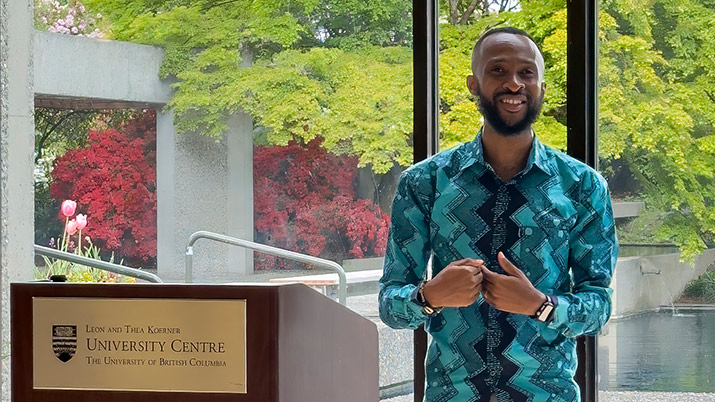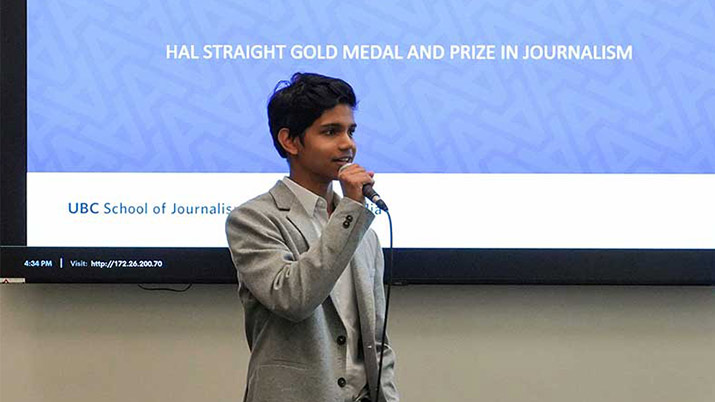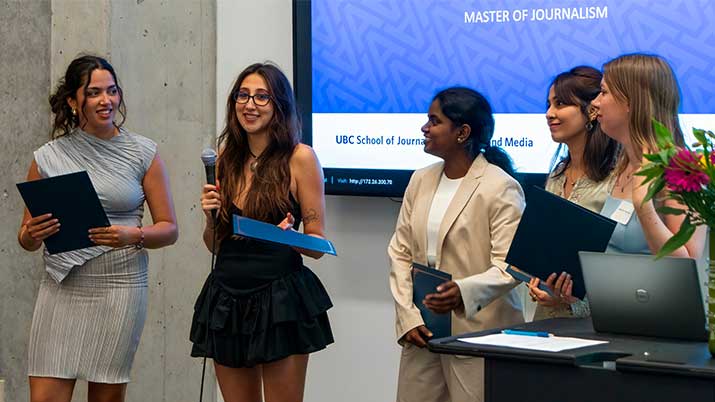How trans scholars change the way we think about citation
Katja Thieme and Mary Ann Saunders


Trans rights advocacy is a social justice movement that is transforming language practices relating to gender. Research has highlighted the fact that language which constructs gender as binary harms trans people, and some trans studies researchers have developed guidelines for honouring trans people’s names and pronouns. The language of academic writing is an area of discussion where questions of trans rights and trans experiences have not yet been addressed. This project discusses the unique experiences of transgender authors as they’ve been made public in recent online articles and statements in which trans scholars comment on the language of their self-representation as well as their perspectives on how others represent them. We relate the concerns expressed in these articles to evidence from our corpus of research articles in TSQ, the leading North American trans studies journal. Our analysis highlights the sensitivity that is required of colleagues who work with transgender authors’ writing, furthering our understanding of citation as a collaborative and potentially intimate and caring practice. Practices of referring to work by trans scholars pose ethical questions about the social relations expressed in citation, enabling applied language scholars to develop a new and different awareness of the sociality of citation.
See also https://www.researchgate.net/project/How-Trans-Scholars-Change-the-Way-We-Think-about-Citation.
Conference presentations:
“How Do You Wish to Be Cited? How Trans Scholars Change the Way We Think about Citation.” Conference on College Composition and Communication (CCCC). Portland, OR, March 15-18, 2017.
“The Language of Ethical Citation: Activist Practices of Citation in Trans Studies Scholarship.” Lavender Languages & Linguistics 24. University of Nottingham, UK. April 28-30, 2017.



